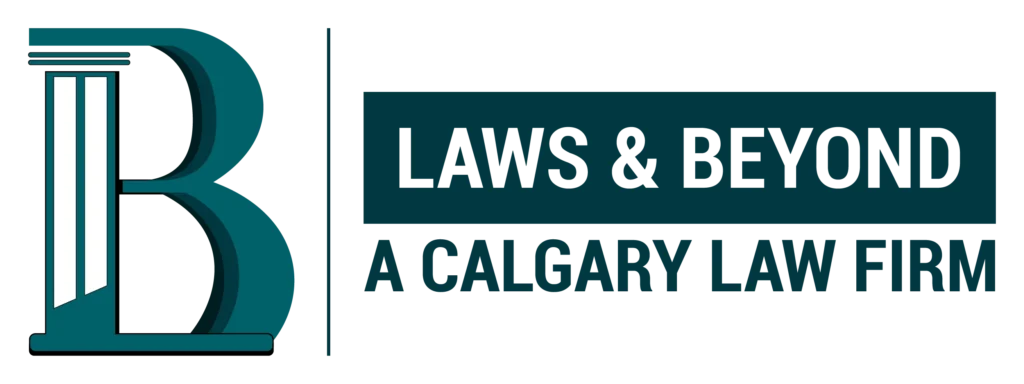During a separation, understanding exempt property in Alberta is essential for a fair and transparent family property division. Alberta family law sets clear rules about exempt assets—items that legally stay with one spouse and are not shared during a divorce property settlement.
Meaning of Exempt Property in Alberta
In Alberta family law, exempt assets in Alberta are types of property that remain solely with one spouse after separation. These assets are not included in the general family property division as long as the spouse claiming they can prove ownership and exemption.
These rules apply to both married spouses and adult interdependent partners.
Types of Exempt Property in Alberta
1. Property Owned Before the Relationship
Assets owned by a spouse before marriage or before becoming adult interdependent partners are considered exempt property in Alberta.
Examples include:
- Homes or land
- Bank savings
- Investments
- Vehicles
2. Inheritances
Any inheritance received by one spouse remains an exempt asset, as long as the inherited funds or property were kept separate and not mixed with joint accounts or jointly owned assets.
3. Gifts From Third Parties
Gifts given to only one spouse—such as cash, jewellery, or vehicles—are treated as exempt property in Alberta.
4. Insurance or Injury Compensation
Money received for personal injury, disability, or certain insurance payouts may qualify as exempt assets in Alberta, depending on the purpose and whether the payment benefits only one spouse.
5. Property Protected by Agreements
If a prenuptial agreement, cohabitation agreement, or marriage contract identifies certain items as exempt, those items generally keep their status as exempt property in Alberta.
Key Considerations for Exempt Assets in Alberta
1. Increase in Value Must Be Shared
- Only the original exempt amount is protected.
- Any growth in value becomes part of the family property division.
2. Mixing Assets Can Lose Exemption
If exempt property is mixed with joint assets—such as placing inherited funds into a joint bank account—the exemption may no longer apply during divorce property evaluations in Alberta.
3. Documentation Is Critical
To successfully claim exempt assets in Alberta, clear proof is needed, such as:
- Bank statements
- Purchase receipts
- Appraisal reports
- Transfer of ownership documents
Without documentation, the court may refuse the exemption.
4. Exemption Applies Even in High-Conflict Cases
Courts recognize exempt property in Alberta even in contested separations, as long as the spouse presents solid evidence.
How Courts Handle Exempt Property in Alberta
Courts follow a straightforward approach:
- Identify the exempt property.
- Confirm its original value.
- Subtract the exempt amount from total family assets.
- Divide the remaining value between spouses.
This ensures fairness and clarity during family property division.
Why Legal Support Helps
A lawyer can assist with:
- Identifying exempt property in Alberta
- Valuing assets correctly
- Protecting premarital assets
- Handling inheritance-related issues
- Ensuring compliance with divorce property laws in Alberta
A clear understanding of exempt property in Alberta helps spouses protect their rights and navigate family property division confidently. With strong documentation and proper legal guidance, individuals can secure their exempt assets in Alberta and follow Alberta’s divorce property rules effectively.
Frequently Asked Questions
1. What is Exempt Property?
It is property that belongs only to one spouse and is not split during a divorce. This includes assets owned before the relationship, inheritances, and gifts.
2. Is the increase in value protected?
No. Only the original value is exempt. Any profit or growth in value during the relationship is usually shared between both spouses.
3. Can I lose the exemption?
Yes. If you mix exempt assets with joint assets (like putting an inheritance into a joint bank account), you may lose your right to claim it as exempt.
—
Do not hesitate to contact us for a consultation to discuss your matter. Call us at 403-300-5297 or email us at info@lawsnbeyond.com and we will provide you with the support you need.




